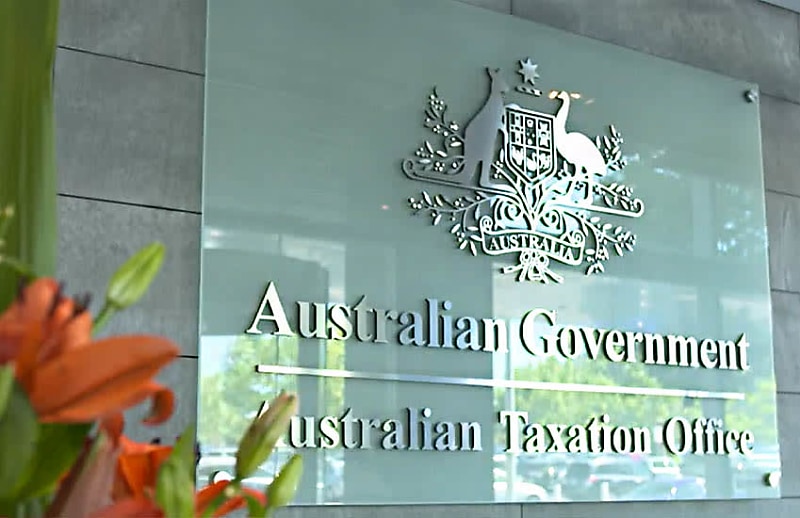Blame game erupts over ATO’s client-agent linking
BusinessWidespread confusion caused by the process shows something has gone wrong, but tax agents, professional bodies and the Tax Office are at odds with where to point the finger.

A blame game over client-agent linking (CAL) has erupted in the tax community as the process continues to cause confusion for businesses and practitioners four months after its introduction.
Some believe the beleaguered regime needs overhauling while others say the issue lies in its implementation, hindered by professional bodies stonewalling during "hostile" working group consultations with the ATO.
Matthew Addison, executive director at the Institute of Certified Bookkeepers, laid the blame squarely on the ATO’s shoulders.
“It's just not working,” he said.
“We need a different technology solution ... I don't believe the current client-agent linking system will improve over time.”
Addison is a member of the ATO’s CAL working group, a panel composed of tax practitioners and professional bodies, such as the ICB, that has convened regularly over the last two years to discuss CAL’s design and implementation.
He said the ICB’s consistent protests against the design fell on deaf ears, with the ATO refusing to make any changes to the system that tightened fraud controls by making businesses responsible for initiating the linking process.
“The working group over two years raised various concerns. We raised concerns about how the system would not be automated or simplified. And we raised alternative ways that the ATO should consider achieving the same outcome,” he said.
“Unfortunately, the ATO has shown no signs of being prepared to consider or embrace the alternative solutions.”
But other members of the working group say unproductive discussions over CAL's practical implementation are what hindered its success, rather than the system itself.
Chartered accountant Paul Meissner, a director of 5ways Group, sat on the group as a representative for practitioners. While the group was tasked with ensuring a smooth implementation, he said that “instead of identifying, documenting and supporting issues, the panel wasted time arguing about everything else”.
He described the atmosphere as “belligerent, hostile and aggressive”. “I've never experienced yelling and belligerence like it in a professional setting in my career,” he said.
According to Meissner, the ATO’s CAL working group convened at least 10 times between August and December last year to discuss how best to implement the system.
The group had failed in its task, however, largely due to professional bodies focussing on the process’ design despite “the ATO saying that discussion is closed”, failing to turn their minds to more practical considerations, he said.
“There's so many professional bodies that are in these panels. But the big three accounting bodies – CA ANZ, CPA Australia and IPA – are impotent in representing members interests,” he said. “They never got over the conversation they had earlier. They couldn’t turn their minds to say, well, let's put our practical hat on and implement this system.”
He believed the actual linking process “was not difficult”, but that there had been inadequate support and guidance developed as a result of professional bodies stonewalling during the meetings.
Meanwhile, the ATO has defended its process and blamed implementation issues on taxpayers with out-of-date information.
In a statement, it said staff were up-to-date on the process, its online guidance was continually under review and the system had been successfully navigated by over 70,000 taxpayers.
“We are aware that businesses that have not kept their information up to date on the ABR can experience issues,” the ATO said last month.
At the start of March, it also sent letters to select members of the tax community, inviting businesses to a round of consultations where they could vent their frustrations with the process in return for a $150 payment.
However, a spokesperson from the Tax Office said that of the 300 invites that were sent out to businesses, only five interviews had been arranged.
The spokesperson said: “The ATO has continuously engaged with tax associations, stewardship groups, industry representatives, agents and businesses since the pilot for client-to-agent linking was started in June 2022.”
As the finger-pointing continues, what cannot be disputed is that the system has become a significant impediment for tax practitioners and clients. According to the ICB, CAL remains the “number one concern” for members.
“When we reach out to our members, they tell us client agent linking is inhibiting an agent's chance to take on new clients or to even assist existing clients,” Addison said, referring to a recent internal survey of 50 members, all of whom ranked CAL as their biggest concern.
Accountant Lee Bui said the process was a “hassle” for 60-70 per cent of new clients who approached his accounting firm POP Business in Surry Hills.
“Out of those we tried to help, I think maybe 20 per cent or more, we just lost them because we just couldn’t get them to appoint us. There’s been a lot of lost time and lost opportunity just because of this process.”
“The current process is a bit flawed because it's just too time-consuming and too hard for people to follow,” he said.
“If you want clients to appoint their tax agent, you should make it really simple for them to do it.”




